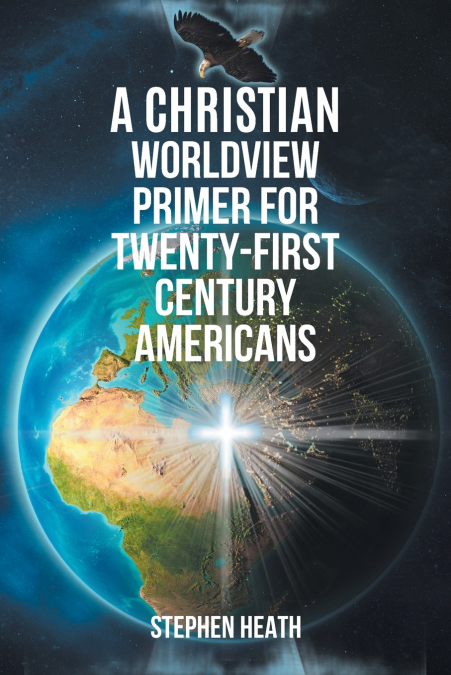
Stephen Heath
This primer begins by introducing the basic concepts of worldview. It then outlines Christianity’s answers to the worldview questions of origins, purpose, and destiny. As a primer is wider than it is deep, this one sets forth only broadly those concepts that shape the Christian worldview. It seeks to provide a bird’s eye view of the story of God’s revelation for those who have begun their faith journey without necessarily having had the benefit of an in-depth instruction in the faith. It makes no claim to be a substitute for lifelong study and hopes, ultimately, to raise interest in and steer the reader toward that needed deeper understanding.Toward that end, it sets forth that conceptually Christianity’s answers to worldview questions are built on a recognition that Christianity is 'revealed religion.' Its God reveals himself, not as one but as three in one. His revelation takes place at specific times and places through chosen individuals and groups. Christianity has a history with a unique focus on the life, ministry, death, resurrection, and ascension of Jesus Christ. The story of the events leading to that focus has been recorded for us in the Hebrew Scriptures, and the story of God’s revelation continues to be spread through the New Testament church. The church is sustained by the Holy Spirit through worship and prayer. Believers live in a context of faith, love, and hope. Their mission is to serve others and to share with the world God’s message of creation (and fall), judgment, and redemption.Christianity’s understanding of the universe and life and law within it is unique, comprehensive, and coherent. In every age, the Christian worldview confronts a competing worldview which wrests authority from God and claims autonomy for humanity itself. At this time and place, the world on its own opposes the Christian worldview in many ways. These ways include matters of authority, truth, 'rights,' sex, 'social justice,' the relationship between religion and politics, and society’s dependence on three basic independent institutions: the family, a religious institution, and a civic one. This primer seeks to make the believer aware of these relationships and the differences between Christianity’s understandings of them and those of 'the world.' It ends on a note of hope, remembering the words of our Lord, 'Be of good cheer, for I have overcome the world.'